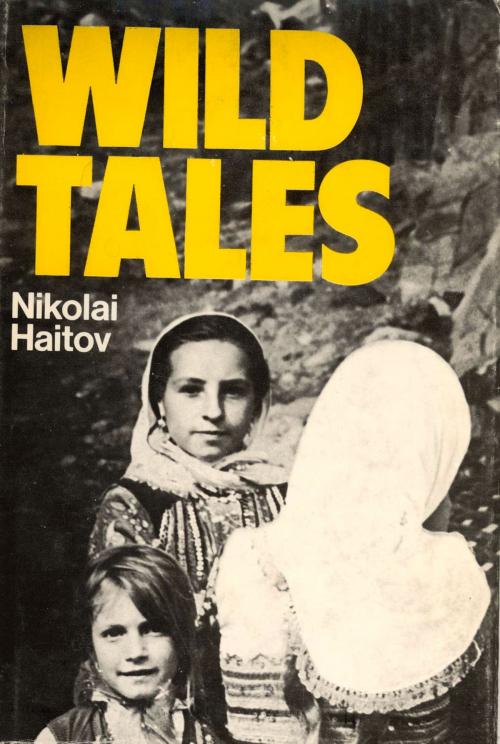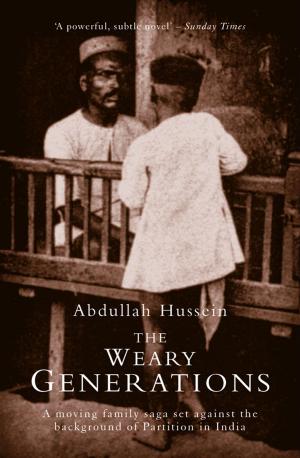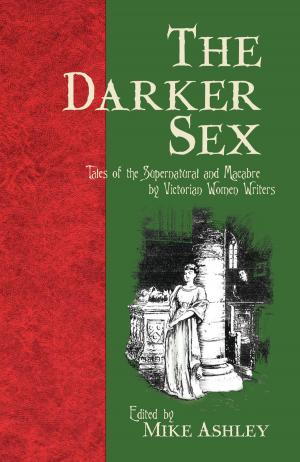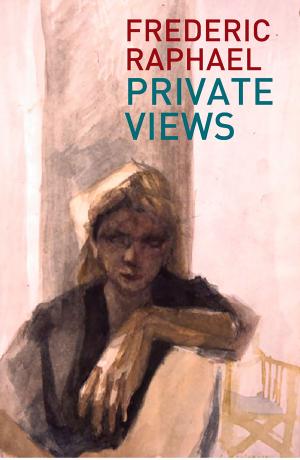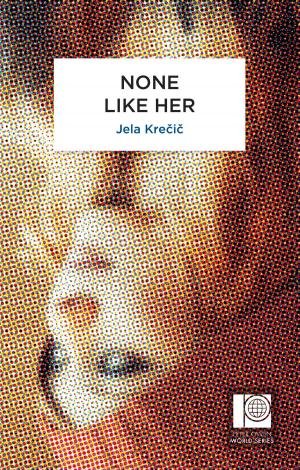| Author: | Nikolai Haitov | ISBN: | 9780720618174 |
| Publisher: | Peter Owen Publishers | Publication: | July 1, 2014 |
| Imprint: | Peter Owen Publishers | Language: | English |
| Author: | Nikolai Haitov |
| ISBN: | 9780720618174 |
| Publisher: | Peter Owen Publishers |
| Publication: | July 1, 2014 |
| Imprint: | Peter Owen Publishers |
| Language: | English |
Haitov’s tales are set in the small villages of the Rhodope Mountains in south-east Bulgaria, one of the most remote corners of Europe. They are related in a robust, down-to-earth style by a series of finely realized narrators, most of whom look back to the ea rly years of this century and beyond, when brides were stolen and bandits roamed the hills. These men – shepherds, shoemakers, coopers and foresters –speak to the reader directly, involving him in their triumphs, their disappointments, their exploits in love or in business. Each has a tale to tell, and tells it superbly; indeed, so vivid and engrossing are their stories, and such is the skill with which Haitov utilizes the rhythms and idioms .of colloquial speech, that one seems to be actually listening to rather than reading these stirring tales of ‘those far-off days when men were men’. This collection, superbly translated by Michael Holman, reveals Nikolai Haitov as one of the contempo rary masters of the short- story form and provides an ideal introduction to the little-known literature of Bulgaria.
Haitov’s tales are set in the small villages of the Rhodope Mountains in south-east Bulgaria, one of the most remote corners of Europe. They are related in a robust, down-to-earth style by a series of finely realized narrators, most of whom look back to the ea rly years of this century and beyond, when brides were stolen and bandits roamed the hills. These men – shepherds, shoemakers, coopers and foresters –speak to the reader directly, involving him in their triumphs, their disappointments, their exploits in love or in business. Each has a tale to tell, and tells it superbly; indeed, so vivid and engrossing are their stories, and such is the skill with which Haitov utilizes the rhythms and idioms .of colloquial speech, that one seems to be actually listening to rather than reading these stirring tales of ‘those far-off days when men were men’. This collection, superbly translated by Michael Holman, reveals Nikolai Haitov as one of the contempo rary masters of the short- story form and provides an ideal introduction to the little-known literature of Bulgaria.
